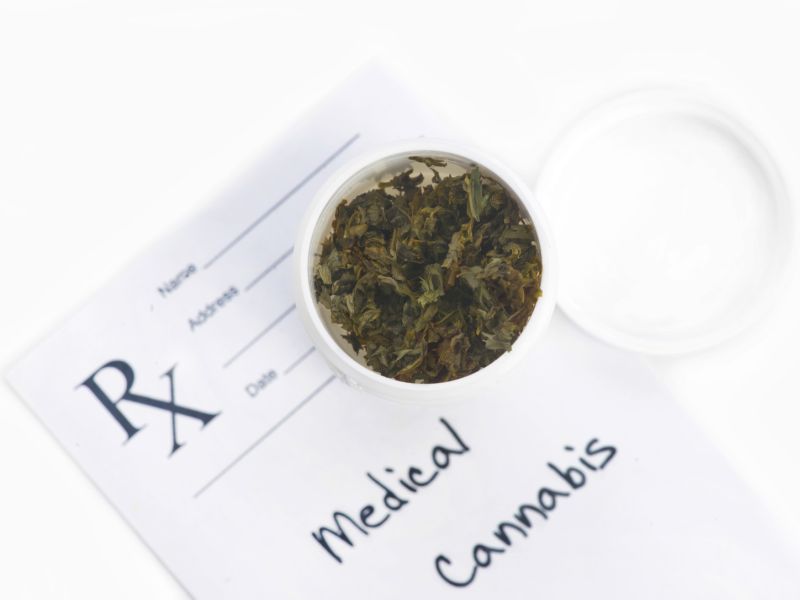
Upper body strength is important at every age, but you don’t need to be a bodybuilder to benefit from working your pectoral, or chest, muscles. For a study sponsored by the American Council on Exercise, scientists from the University of Wisconsin La Crosse evaluated nine popular pec exercises to determine which ones best engaged these… read on >

















